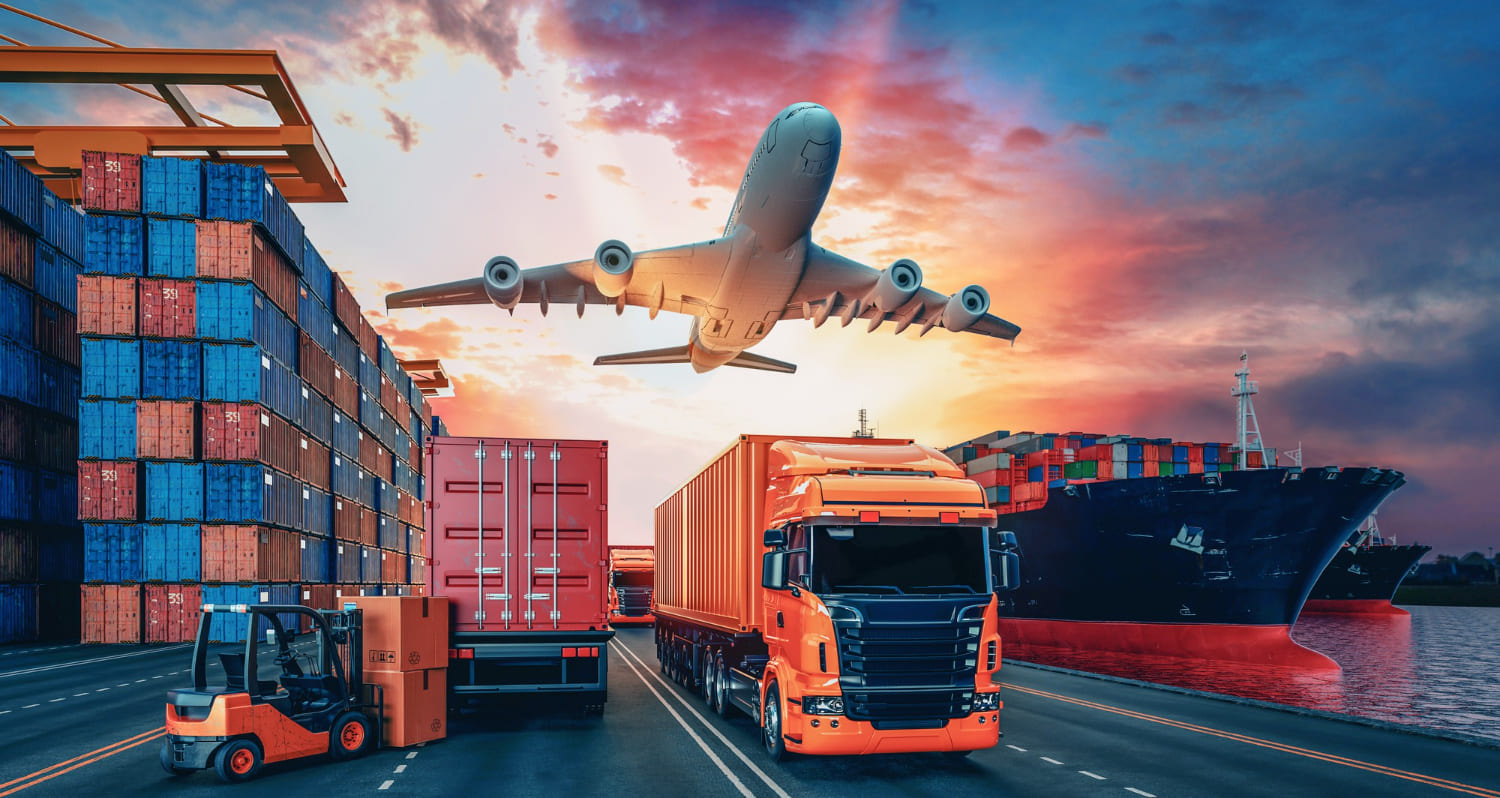
The logistics industry is undergoing a revolutionary transformation, driven by innovative technologies and evolving consumer demands. This revolution is reshaping the future of transport, introducing efficiency, sustainability, and flexibility into supply chain operations.
One of the key innovations driving this revolution is the integration of artificial intelligence (AI) and machine learning algorithms into logistics processes. These technologies enable predictive analytics, route optimization, and demand forecasting, allowing companies to streamline their operations and minimize costs. AI-powered systems can analyze vast amounts of data in real-time, optimizing delivery routes, managing inventory levels, and enhancing overall supply chain visibility.
Additionally, the emergence of autonomous vehicles is revolutionizing transportation networks. Self-driving trucks, drones, and delivery robots are being developed and deployed to increase efficiency and reduce the reliance on human labor. These autonomous vehicles offer the potential for 24/7 operation, faster delivery times, and lower fuel consumption, contributing to a more sustainable and cost-effective logistics ecosystem.
Furthermore, the Internet of Things (IoT) is playing a crucial role in the logistics revolution by connecting physical objects to the internet and enabling real-time tracking and monitoring of shipments. IoT sensors embedded in packages, vehicles, and warehouses provide valuable data on location, temperature, humidity, and other environmental conditions, ensuring the integrity of goods throughout the supply chain. This level of visibility enables proactive decision-making and enhances customer satisfaction by providing accurate delivery estimates and transparency.
Another significant trend shaping the future of transport is the rise of green logistics solutions. With increasing awareness of environmental issues, companies are seeking sustainable alternatives to traditional transportation methods. Electric vehicles, hydrogen-powered trucks, and biofuels are becoming increasingly popular choices for reducing carbon emissions and mitigating the environmental impact of logistics operations.
Moreover, blockchain technology is revolutionizing supply chain management by providing a secure and transparent platform for tracking and verifying transactions. By utilizing blockchain-based systems, companies can enhance trust and accountability across their supply chains, reducing fraud, errors, and inefficiencies.
In conclusion, the logistics revolution is driven by a combination of technological advancements, changing consumer expectations, and environmental concerns. Innovations such as AI, autonomous vehicles, IoT, green logistics solutions, and blockchain are reshaping the future of transport, creating more efficient, sustainable, and resilient supply chains. Embracing these innovations will be crucial for companies seeking to remain competitive in an increasingly complex and dynamic global market.



